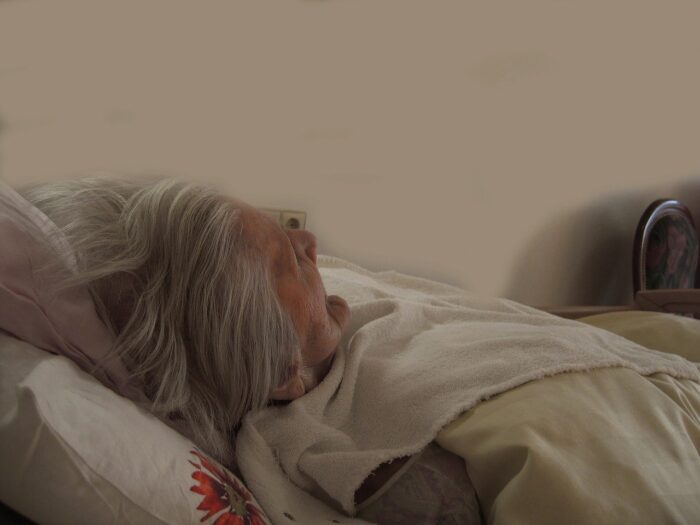
Canada’s Catholic bishops are highlighting concern for the right to life, care for the vulnerable, and protection of religious freedom in upcoming elections due to take place on April 28.
In a pastoral letter, they ask Catholic voters to “discern which policies best serve the common good”.
The bishops place particular emphasis on the right to life, stating: “This right is being undermined by the lack of legal protection for the unborn, the ongoing expansion of eligibility for medical assistance in dying (MAID), and the insufficient access to quality palliative care for those who are suffering at the end of life.”
The bishops also warn of “growing intolerance toward religious communities in Canada,” including “threats to remove charitable tax status simply for upholding values rooted in faith that diverge from prevailing secular ideologies.”

A ban on public Easter processions in Nicaragua was continued and expanded this year, signalling the growing autocratic and anti-clerical nature of the Daniel Ortega-headed regime.
Since 2023, public processions, such as those on Palm Sunday, have been banned in the Central American country. They can only take place strictly within church walls. This year, the same measure applied to the Good Friday Stations of the Cross. As several priests who have been visited by police officers can confirm, those who violate the ban will be arrested.
“The inability to hold processions, a central part of Holy Week celebrations,” writes the website 100% Noticias, “is a heavy blow to the country’s religious life. Likewise, the ban on publicly praying about sensitive issues such as the situation in Nicaragua, migrants, and political prisoners is seen as an attempt to silence the Church’s voice on matters of justice and human rights.”
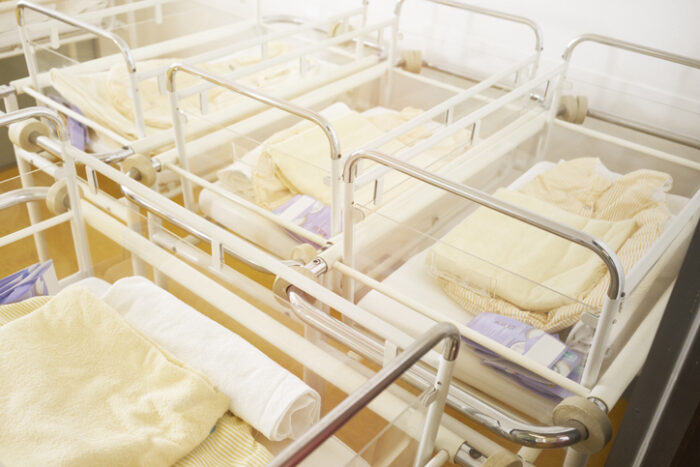
One proposal would reserve 30 percent of prestigious, government-backed scholarships for applicants who are married or have children.
Another would give a $5,000 cash “baby bonus” to every American mother after delivery.
A third calls on the government to fund programs that educate women on their menstrual cycles — in part so they can better understand when they are ovulating and able to conceive.
There is also a split within the administration as to how to proceed, with religious conservatives pushing for more committed marriages and large families, while others who identify strictly as “pronatalists” looking at a greater variety of methods, including new reproductive technologies, to produce more babies.
One already announced policy change will prioritise transportation funding in areas with higher than average birth and marriage rates. Another, due in mid-May, will recommend ways to make in vitro fertilization more readily available and affordable.
For now, the internal debate continues as it’s not yet clear what kind of policies will best incentivize people to have more babies — or whether those kinds of policy incentives are effective at all.
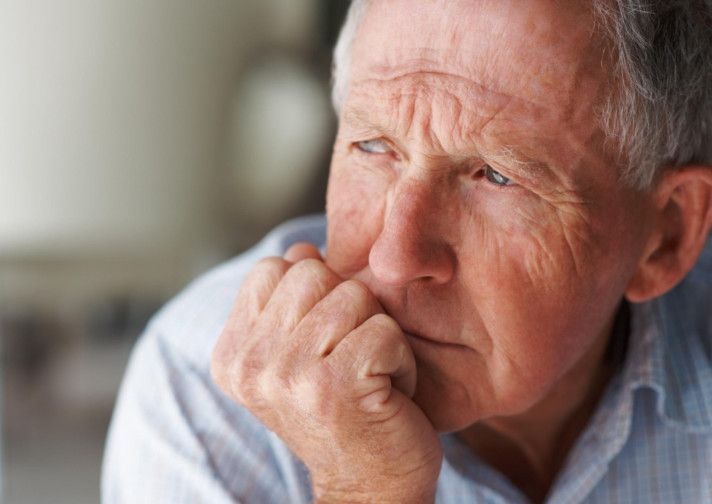
Debt-laden governments must encourage older people to keep working to offset a growing imbalance between workers and retirees because of a plunging birth rate, the International Monetary Fund (IMF) has warned.
It said older people today are far sharper and stronger than they were 25 years ago, with their research showing that someone aged 70 in 2022 had the same cognitive function as the average 53-year-old in 2000.
The world’s lender of last resort said the combination of plunging birth rates and people living longer will contribute to knocking 1.1 percentage points off global growth each year for the next quarter of a century, compared to the pre-pandemic average.
The Fund argued that to ease fiscal pressures caused by an ageing population, governments must look to overhaul pension ages, slash early retirement benefits and encourage workers to delay their retirement. It does not suggest ways to increase the number of births.

A bill in the Democratic stronghold of Maryland to legalise assisted suicide has failed for lack of support before the finish of the legislative term.
This was the eighth attempt to push through such legislation.
The bill titled the “End of Life Options Act” would have allowed doctors to end the life of their patient if it was determined that the patient had six months or less left to live.
However, the bill was defeated after the efforts of those opposing the bill, leading to the House bill being stalled, and the Senate bill being denied a reading, in what has been described as a pro-life victory
Opponents had sent over 8,000 letters to legislators urging them to vote against the bill to protect vulnerable individuals and the integrity of the medical profession.
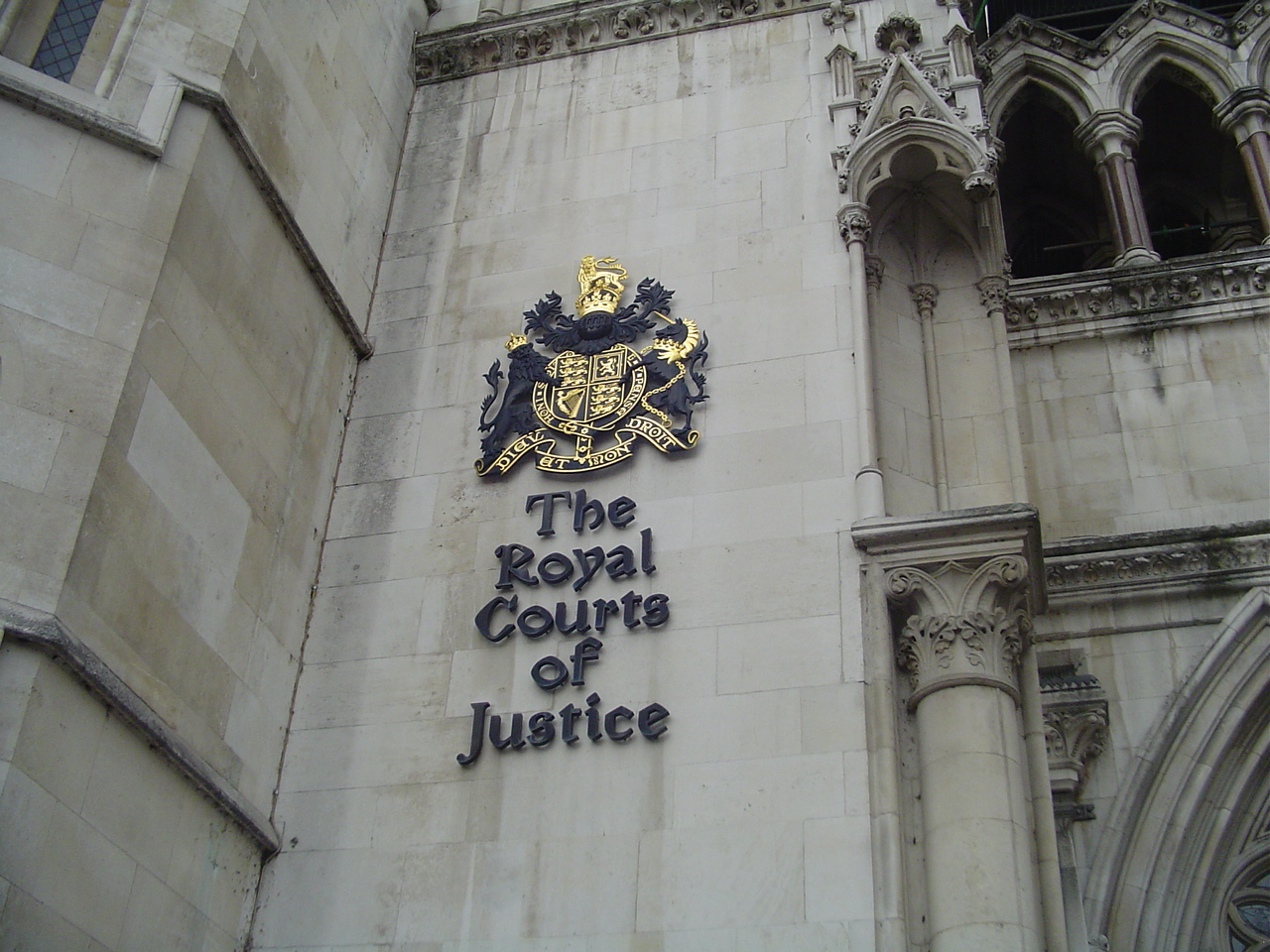
A five judge panel of the UK Supreme Court has unanimously ruled that the terms ‘woman’ and ‘sex’ in UK law refer to a ‘biological woman’ and ‘biological sex’.
This means transgender persons who are born male but identify as female will no longer be regarded as women for the purposes of law.
In an 88-page ruling, the Court said that the concept of sex is binary and “a person is either a woman or a man”.
“Although the word ‘biological’ does not appear in this definition, the ordinary meaning of those plain and unambiguous words corresponds with the biological characteristics that make an individual a man or a woman.”
Any other interpretation would make equality law “incoherent and impracticable”.
The ruling was welcomed as a “victory for common sense”, by campaigners, while prominent scientist, Richard Dawkins, applauded the decision saying the law had finally “caught up” with science.
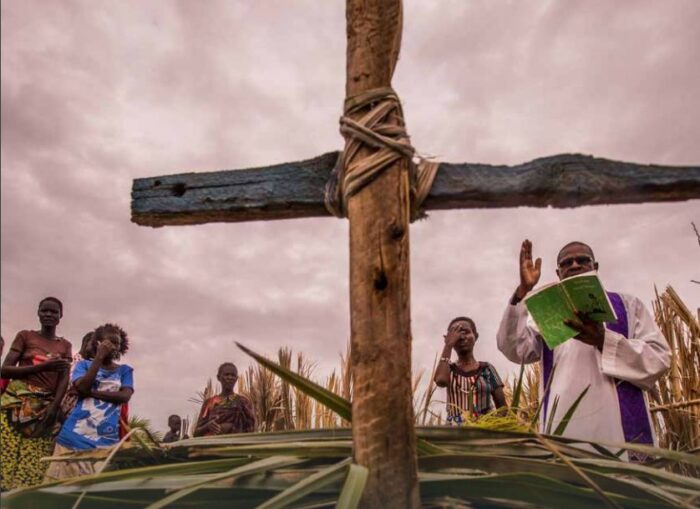
On Palm Sunday, Islamist Fulani militias attacked two Christian villages in Nigeria’s middle belt, murdering at least 54 people.
The assault on Zikke village in Bassa County left homes burned and entire families slaughtered, including women and children.
Amnesty International said the death toll now stands at 54, adding: “While those killed are being prepared for mass burial, more dead bodies are being discovered in the bush.”
They said the Government’s “inexcusable security lapses” must be investigated and the new measures claimed by President Bola Tinubu “are not working.”
“The patterns of recent deadly attacks on the rural areas of Plateau State clearly show the Nigerian authorities have left these communities at the mercy of rampaging gunmen. Nigerian authorities’ failure to tame the tide of this horrific violence is costing people’s lives and livelihoods, and without immediate action, many more lives may be lost.”
The massacre underscores the ongoing war against Christians in Nigeria’s Middle Belt.

The High Court has been asked by two leading medical experts to order a judicial review of the State’s treatment of children suffering with gender dysphoria.
The action against the Health Information and Quality Authority (Hiqa) is being taken by Prof Donal O’Shea and Dr Paul Moran, both of whom work at the National Gender Service (NGS).
Court papers were lodged on Friday, almost 18 months after Prof O’Shea and Dr Moran made a formal complaint against the Health Service Executive (HSE) with Hiqa over the HSE’s referral of young people for assessment abroad, saying it posed a risk to these children.
A letter effectively dismissing it was sent to the doctors almost three months ago.
Prof O’Shea and Dr Moran have concerns specifically over an early readiness to begin what could be inappropriate and irreversible medical treatment for patients presenting with gender identity issues.
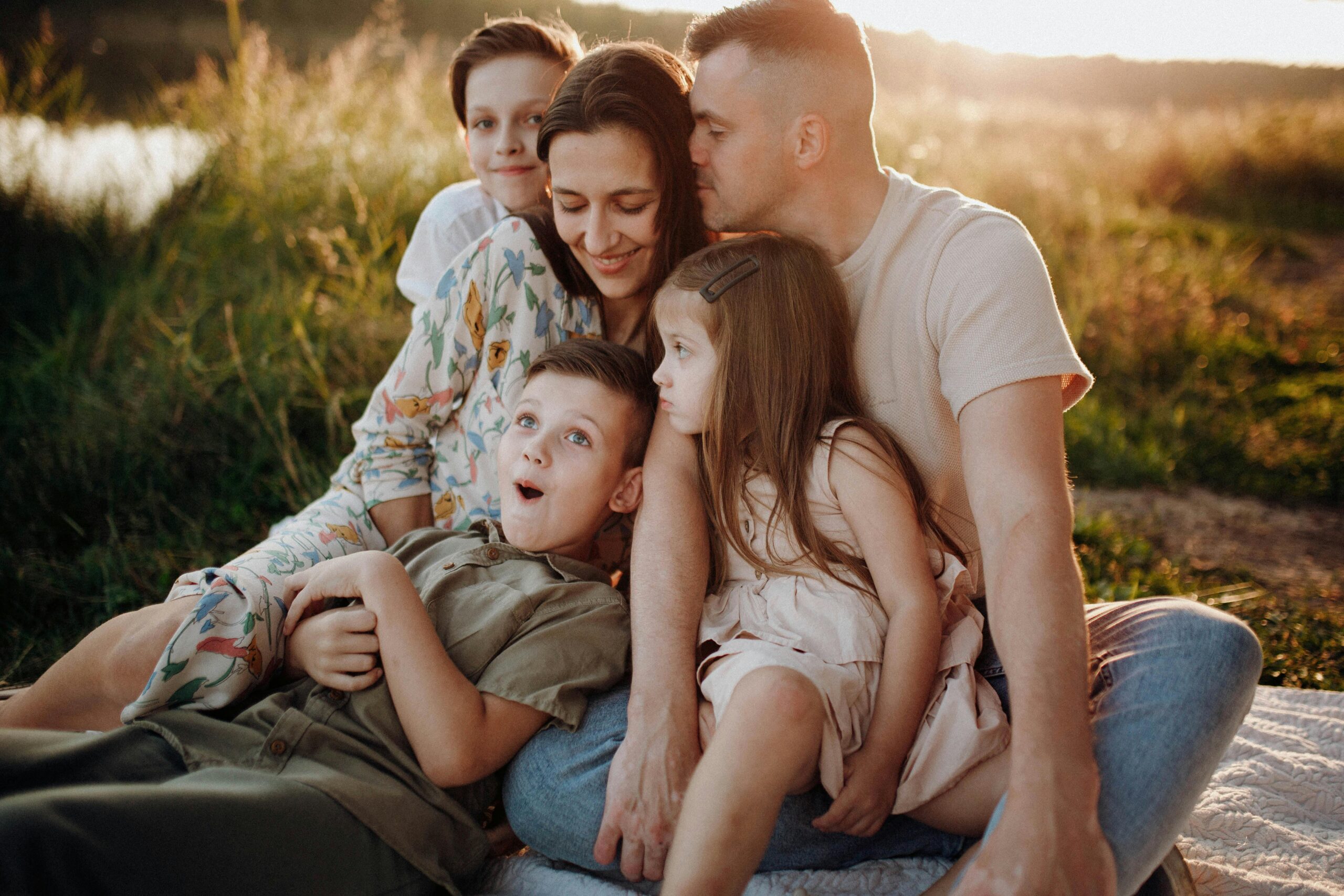
Individuals who highly prioritised having children in their 20s but did not become parents experienced declines in mental health, cognitive well-being, and affective well-being in midlife, according to a new study.
In contrast, those who disengaged from the goal of having children later in life showed increases in life satisfaction, suggesting that adjusting expectations plays a crucial role in long-term well-being.
Using data from the German Socio-Economic Panel (SOEP), a large, nationally representative dataset that tracks individuals over time, the authors found gender differences, with fathers reporting significantly lower levels of loneliness in midlife compared to both mothers and individuals without children, suggesting that fatherhood may offer unique social benefits.
Young adults who did not become parents reported better mental health and lower levels of negative affect compared to those who eventually had children. However, they also reported lower levels of positive affect and higher loneliness, suggesting a more stable but emotionally subdued experience compared to the greater emotional variability associated with parenthood.
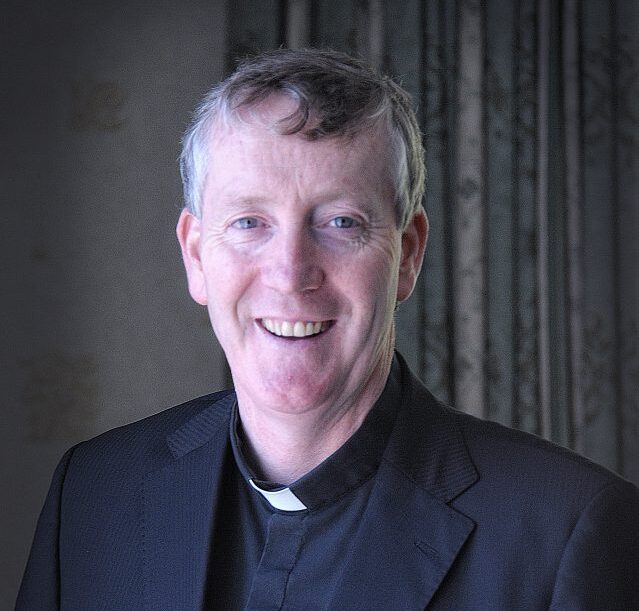
If fewer schools were Catholic, they could also be much richer in faith, according to a leading bishop.
Speaking to the Catholic Primary School Managers Association (CPSMA), Bishop Denis Nulty said that Catholic schools must “ensure they remain Catholic.”
This may mean, he said “being part of a fair and transparent divestment process, when the stakeholders feel they would be better served under a different patronage, but the schools that remain, and that will be a substantial number of them, in my opinion, must be allowed to be unapologetically Catholic schools.”
Bishop Nulty said that the Catholic ethos must permeate the whole school: “you literally smell it from the moment you set foot in the hallway or press the reception bell to gain entry. There is a prayer space there but there also is a space for prayer.”
Bishop Nulty lamented the low number of Catholic school teachers who profess the faith and especially among those in leadership positions.
“Those charged with making appointments” he said “should understand deeply this competency. We need to do much more to encourage the development of faith in our schools and on our leadership teams.”